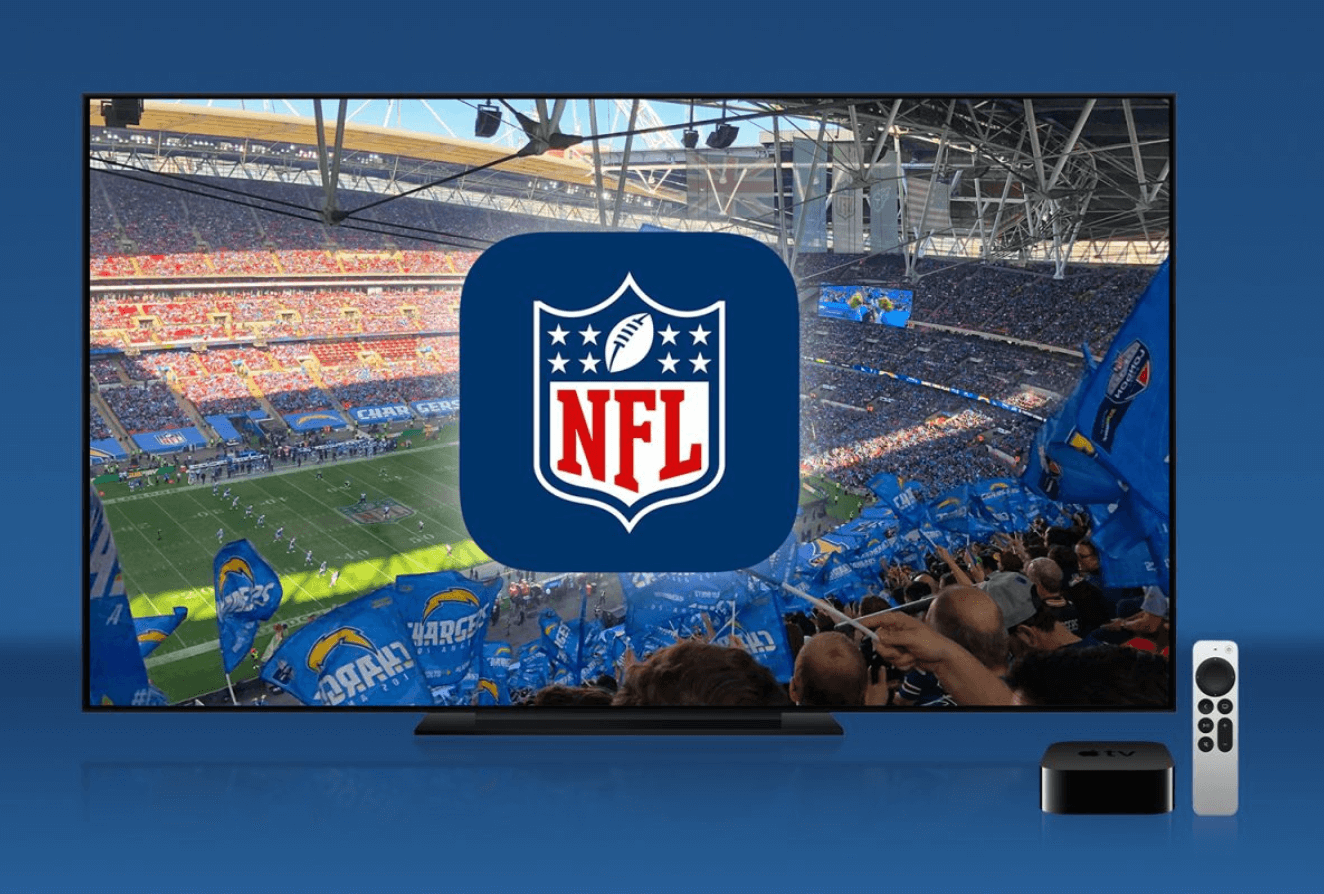It’s hard to imagine any organization on the wrong side of a $4.696 billion verdict (tripled under the antitrust laws to $14.088 billion) feeling good about securing a victory. The NFL, less than a week removed from absorbing the biggest courtroom loss it has ever experienced, has reason to feel good about eventually shaving, say, $14.088 billion from that amount.
Apart from the possibility that Judge Philip Gutierrez will set the verdict aside and grant judgment as a matter of law to the NFL after a hearing on July 31, the United States Supreme Court looms. And it’s becoming more and more clear that the supposedly apolitical Supreme Court has become more and more overtly political.
It’s all about judicial philosophy shaped by political ideologies. And this isn’t a political opinion. It’s a political fact.

I lived it for 19 years, both at law firms that defend corporate interests against claims made by individuals and practicing on my own, representing individuals who had legal claims against corporate interests. In the federal court system, it goes like this: Judges appointed by Republican presidents generally tend to have legal and political beliefs that support business interests, and judges appointed by Democratic presidents generally tend to have legal and political beliefs that support individual interests.
Currently, there’s a 6-3 split when it comes to Supreme Court justices appointed by Republican presidents versus justices appointed by Democratic presidents. Thus, chances are that at least four of the six (including the one who was once given a Super Bowl ring by Cowboys owner Jerry Jones) will vote to take up the case — and at least five of the six (including the one who was once given a Super Bowl ring by Cowboys owner Jerry Jones) will vote for the NFL when it’s time to issue a ruling.
“What about the law? What about the facts? What about the decision of the jury?”
None of that really matters. What matters is that the Supreme Court currently has a 6-3 imbalance that allows for decisions to be issued that favor business interests and that work against the interests of individuals.
One of the first subjects covered in law school is the value of precedent. If a court has addressed a given issue in the past, it will apply the same legal principles in the future. In the current Supreme Court, precedent has yielded to politics in recent years, as to social issues (like abortion) and as to political issues (like presidential powers).

To those who believe that Monday’s ruling granting broad immunity to the leader of the executive branch for official acts will create an imperial presidency, the reality is that it depends on when and where and how the issue bubbles up the next time around. Under the current 6-3 split, a Democratic president would receive a more narrow reading of the immunity standard and a Republican president would enjoy a broader reading.
The same thing will happen if/when the Supreme Court flips to a 5-4 or 6-3 majority of justices appointed by a Democratic president. Given the ages of the various justices, however, that might not happen for decades.
It doesn’t matter whether the current 6-3 split mirrors the will of the people. It doesn’t matter whether it meshes with supposedly mandatory precedent that ultimately will be respected only if at least five of them are willing to do so. All that matters is whether a simple majority of nine unelected judges with lifetime employment want a case to go one way or the other.
You might wonder how that can happen. It’s not as hard as it sounds. Smart judges can find a way through a host of precedents and principles to get to whichever outcome the judge wants.
That’s the essence of lawyering. Coming up with an argument that gets you want you want under the relevant facts. Supreme Court justices have law clerks who are skilled at coming up with a plausible path through any maze, landing at the desired outcome.

For the NFL’s Sunday Ticket case, maybe they’ll find that the antitrust exemption under the Sports Broadcasting Act of 1961 extends to efforts to rig the pricing of Sunday Ticket in a way that protects the CBS and Fox broadcasts in the various local markets. Maybe they’ll find that the NFL isn’t liable for antitrust violations because it’s not the entity selling the package to the end user. Maybe some other argument will work.
Regardless, a federal judge found at the outset of the Sunday Ticket litigation that it should be thrown out of court on legal grounds. If at least five of the Supreme Court justices feel the same way, the same outcome will happen.
And it that eventually happens — if the NFL avoids $14.088 billion thanks to a group of nine judges who lately have been behaving more and more like politicians — no one should be surprised.